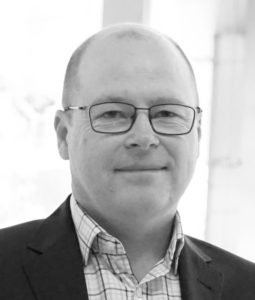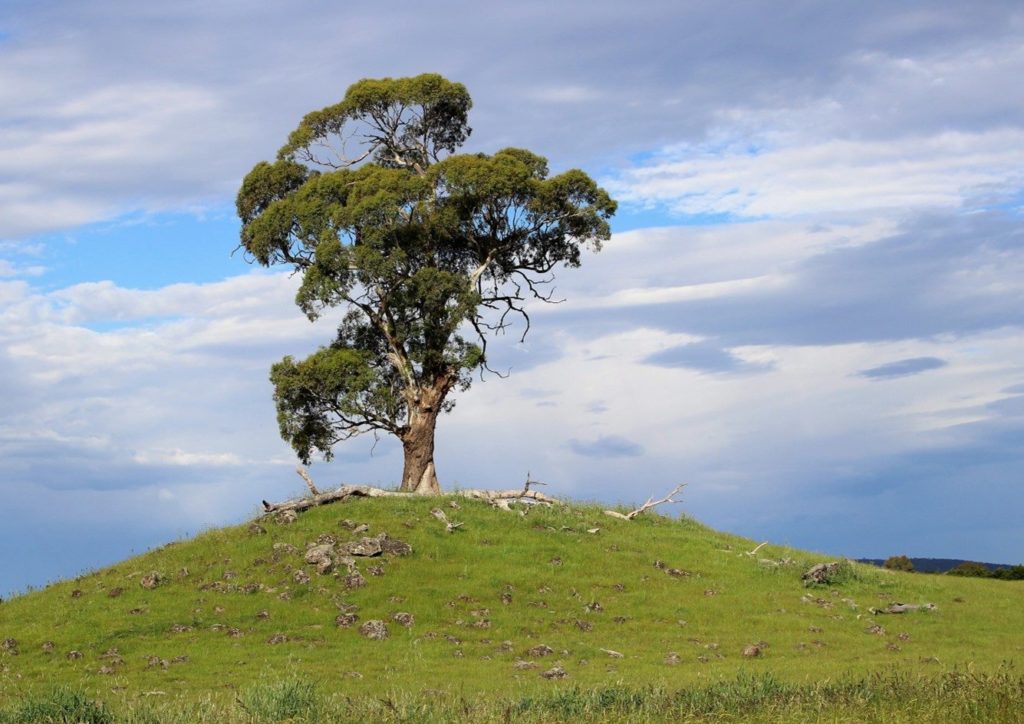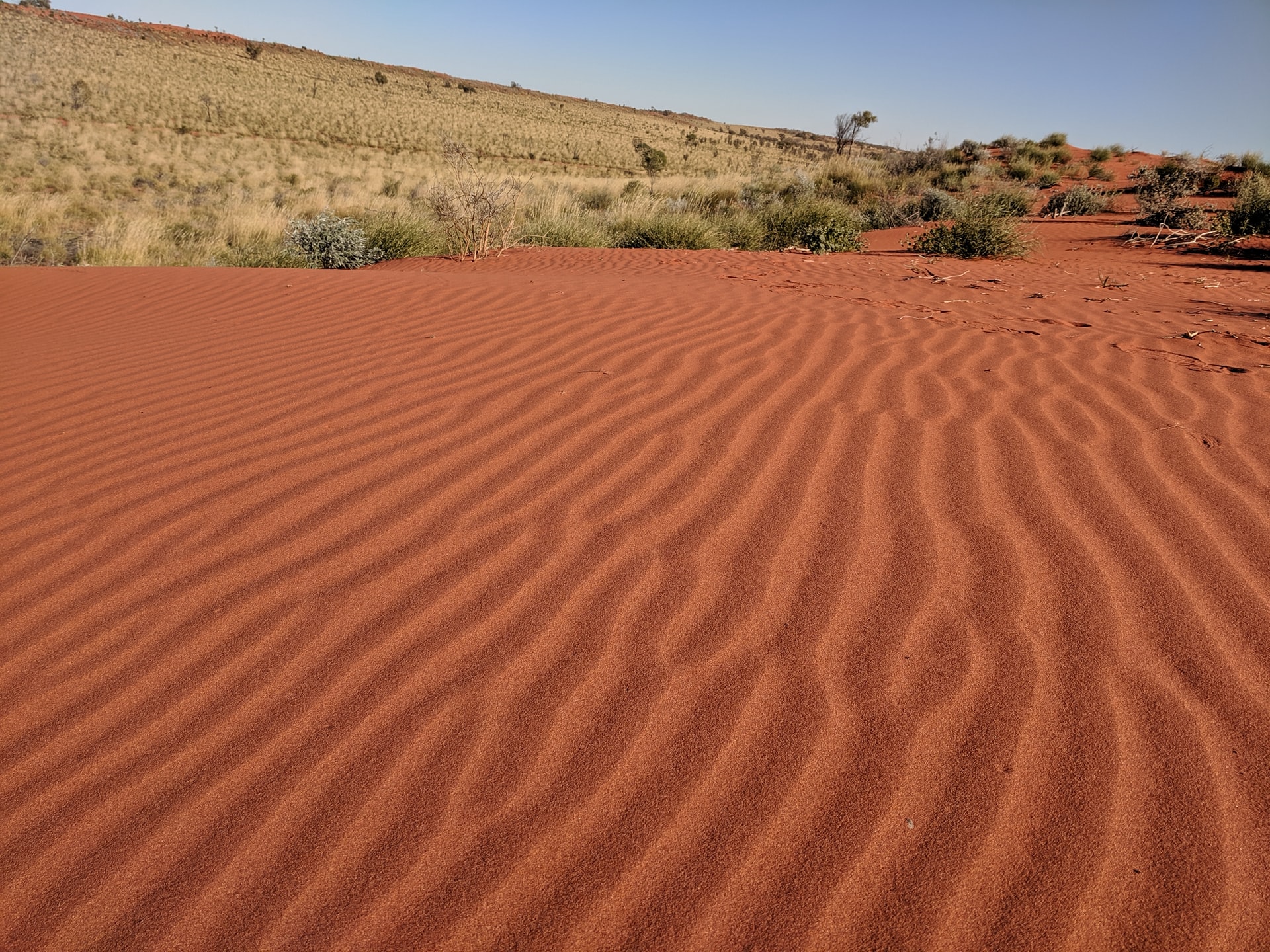
Michael Charge, CEO and Co-Founder
A message from our CEO
Senversa’s Reflect Reconciliation Action Plan (RAP) and our commitment to the broader RAP framework is an important milestone for our growing national firm. As founders and key leaders in the firm, we are proud to lead a forward-looking organisation with a strong desire to play a positive and meaningful role in reconciliation with Australia’s First Peoples.
Our RAP celebrates Aboriginal and Torres Strait Islander cultures, promotes reconciliation, builds respect and raises cultural awareness. In developing our RAP, we have sought the insights of our team, Aboriginal and Torres Strait Islander communities, clients and other key stakeholders to develop something meaningful, whilst also recognising that this is a starting point and we will all continue to learn and grow on our reconciliation journey. We wish to support a greater representation of Aboriginal and Torres Strait Islander people in Science and Engineering professions. Empowering students and communities with an increasing knowledge of the science and engineering professions, specifically in the Environmental sector which can help support, sustain and enhance the communities. With approximately 2% of the Science and Engineering population being represented by Aboriginal and Torres Strait Islander Australians, there is still much work to be done. This Reflect RAP is an important step toward breaking down the historical, cultural and geographic barriers to Aboriginal and Torres Strait Islander peoples’ participation in and engagement with further education and the Science and Engineering professions.
Background
Senversa was formed in 2009 by a group of committed professionals with a vision to create a company with a unique and inclusive culture that would attract and retain professionals of the highest quality. The business engages Engineers and Scientists specialising in Environmental, Geosciences, Waste and other suitably qualified professionals nationally to support our national clients.
What makes us different is the sense of connection and positive outlook of our professionals. As a company 100% owned by its employees, our professionals are fully committed to our future and that of the communities in which we operate. Senversa’s sense of shared purpose sets us apart, not only within our unique workplace, but on our projects and in our client engagements too.
We operate across the public and private sectors with over 120 staff in Vic, NSW, SA and WA. Our professionals are highly qualified and span a broad range of disciplines which gives us the ability to provide advice across a full spectrum of environmental and engineering services, as well as forming multi-disciplinary teams to deliver focussed solutions for our clients and stakeholders.
Senversa commits to seeking, training and promoting opportunities for people who identify as Aboriginal and/or Torres Strait Islander, we have and continue to seek to do this through direct employment as well as casual and affiliated subcontractor arrangements. Currently we employ three Aboriginal and/or Torres Strait Islander people on casual contracts. However currently do not have any
permanent full-time employees.
Our Vision:
Is to be “the most satisfying workplace for quality environmental, geosciences and waste management professionals.”
Founding Cultures:
- Teaming and inclusiveness
- High quality professionals
- Good place to work
- Focus on client relationships and delivery
- Transparent, collaborative and supportive workplace.

Objectives of our Reconciliation Action Plan (RAP)
Senversa’s first Reconciliation Action Plan (RAP) seeks to formalise and demonstrate our commitment to social change and reconciliation between Australia’s First Peoples and the broader Australian community. We seek for our employees to develop and foster a genuine respect for, and understanding of, Aboriginal and Torres Strait Islander peoples and their cultures. We seek to make genuine change in the communities in which we work nationally and make sustainable changes by engaging with, educating and impacting these environments and communities.
- Build organisational awareness of Aboriginal and Torres Strait Islander peoples, cultures, histories and achievements.
- Promote the inclusion and diversity of our Aboriginal and Torres Strait Islander employees and members.
- Educate, promote and support career opportunities for Aboriginal and Torres Strait Islander peoples in the science, engineering and affiliated professions.
- Celebrate significant events in Aboriginal and Torres Strait Islander peoples’ calendars to promote awareness of histories and communities.
- Maintain a RAP working group, with a cross section of the business to implement the initiatives outlined in this Reconciliation Action Plan and routinely review and update our commitments and plan




A Reconciliation Action Plan (RAP) provides a framework for organisations to support the national reconciliation movement. The RAP program contributes to advancing the five dimensions of reconciliation (Unity, Race Relations, Equality and Equity, Institutional Integrity and Historical Acceptance) by developing respectful relationships and creating meaningful opportunities with Aboriginal and Torres Strait Islander peoples.
There are four RAP types (Reflect, Innovate, Stretch and Elevate). These set out the minimum elements required by organisations to build strong relationships, respect and opportunities within our organisation and the community. A Reflect RAP articulates the steps an organisation should take to prepare for reconciliation initiatives in successive RAPs. The more we can encourage our youth to get involved in business, sciences and engineering education, the better. This RAP will be an opportunity to show our future leaders that the environmental industry has and continues to change. We must let them see that opportunities to maintain and support our environment has moved with technology, integrating with it, which means that you are not bound to a desk and can be out in the community working side-by-side with frontline staff having an impact in programs and service delivery to our community.
What is a Reconciliation Action Plan (RAP)?

Our Reconciliation Journey
Senversa celebrates and recognises the opportunity to explore and support the diversity of our people, our clients, our projects and communities. The commitments outlined in our inaugural RAP are the
foundation on which we will build in successive RAPs, as part of our reconciliation journey.
Membership of RAP Working Group
- CEO
- Senior Associate Environmental Scientist
- Senior Principal (RAP Champion)
- HR Manager
- Project Environmental Scientist
- Senior Financial Accounts
- HR Administrator
Specifically, Senversa:
Has commenced incorporating Welcome to Country and Acknowledgement of Country protocols. We see this as a respectful way to recognise and embrace Aboriginal and Torres Strait Islander cultures and to demonstrate that they are living and enduring.
Is committed to acknowledging and celebrating key Aboriginal and Torres Strait Islander events and communicating ways to partner with our employees in relation to laying a foundation for educating them about Aboriginal and Torres Strait Islander Australians.
Senversa is committed to seeking out opportunities and partnerships to play a vital role in the early intervention of STEM opportunities for Aboriginal and/or Torres Strait Islander peoples nationally. This includes support for them to increase exposure to maths and sciences, successfully complete secondary school, progress to further studies, and enter the workforce. We see we are able to provide advice and support to Aboriginal and Torres Strait Islander students providing the opportunity to actively engage with both student and business networks, access support and to identify professional development and employment opportunities. We will work to raise awareness of the benefits of a career in science and engineering for each individual, their families and their communities.
Will identify strengthen and develop relationships with Aboriginal and Torres Strait Islander peoples and communities. We will actively seek opportunities to not only directly engage and employ suitably qualified team members, but subcontractors or other relevant companies to support the successful delivery of our projects. This will help to produce future RAPs that are meaningful, mutually beneficial and sustainable.
Since our foundation, Senversa has sought to engage and support a range of initiatives, some of which are detailed below.
Engagement of local Custodians to support a large project in 2020 and 2021. The Custodians have learnt how to take soil, water and sediment samples using excavators, drill rigs and hand tools, how to decontaminate equipment between sampling and why differing sampling methods are used for differing situations. This hands-on experience has helped to build their knowledge of the importance of PPE during sampling of contaminated materials and the process of record keeping associated with the collection, transfer, analysis and storage of samples. The Custodians have generously shared their knowledge and stories, providing cultural context and cultural awareness training.
Use of local Aboriginal & Torres Strait Islander suppliers of personal protective equipment (PPE), including masks, to ensure we support the communities in which we were engaged.
Supporting local businesses such as Hazrad Australia who collect and dispose of our contaminated soils and waste water on completion of intrusive investigations. Hazrad is an Australian owned and operated Aboriginal Waste Management company that is proud to be a Supply Nation Certified Supplier, specialising in total waste management solutions.
Identification of local Aboriginal and Torres Strait Islander University students that can have work experience on appropriate sites and projects.
Donation to Indigenous Literacy Foundation in lieu of client gifts in 2020.
-
Relationships
Improve and extend our relationships with Aboriginal and Torres Strait Islander peoples and organisations to
enable us to better equip the profession, industry and sectors in which we operate to meet the needs of all
Australian communities. -
Respect
Engender respect and enhance cultural competence amongst our employees. Respect for each other and the communities in
which we operate underpins all of Senversa’s activities and interactions. This respect extends to Indigenous peoples, communities
and cultures. Not only do we acknowledge and respect the unique and important place that Indigenous Australians have as the
First Peoples of Australia and as the world’s oldest surviving culture, but we recognise our opportunity to further embrace and
value the opportunity to deepen our understanding of Indigenous cultures, lands, waters, histories and future ambitions. Our
respect for Indigenous peoples is driven by our leadership and is mandated by our vision, values, and strategic direction. -
Opportunities
Create an organisational culture that values and encourages opportunities for Aboriginal and Torres Strait Islander
peoples. We are committed to building a diverse and inclusive workplace across our business. We know that
diverse and inclusive workplaces have higher levels of staff engagement, satisfaction and retention and we strive to
make in-roads to see stronger representation of Aboriginal and Torres Strait Islander people participating in further
studies in Science and Engineering, ultimately leading to stronger employment opportunities. We will build skills,
develop and provide job opportunities for Indigenous peoples. -
Governance
Establish an effective governance structure, including RAP Working Group to support and help drive initiatives,
formalise procedures and processes to ensure transparency and successful RAP implementation.
